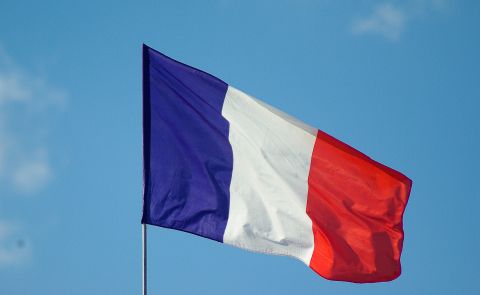
Sanctions and EU Criticism Highlight Georgia’s Crackdown on Journalists, Protesters, and Civil Society
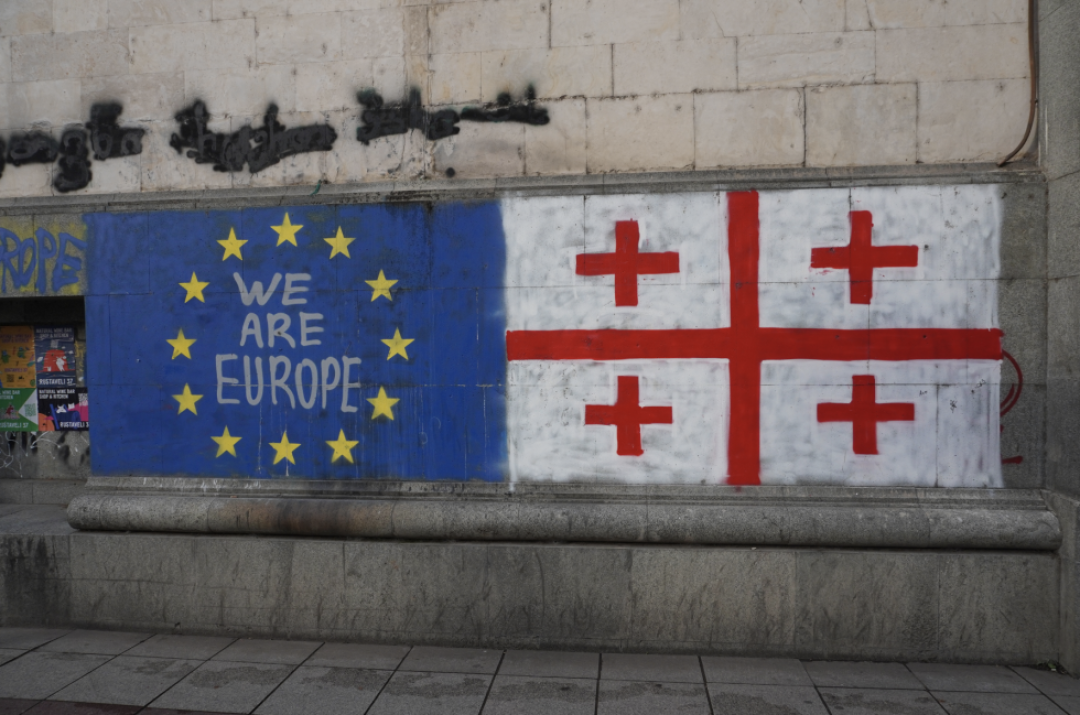
On December 19, EU Ambassador to Georgia Pawel Herczynski condemned attacks on journalists as "disgusting" and criticized the Georgian government for undemocratic actions. He emphasized the EU’s shift toward ensuring journalists' physical safety amidst allegations of police abuse, including beatings and intimidation, highlighted by the Public Defender.
The same day, the U.S. Treasury sanctioned Georgian Interior Minister Vakhtang Gomelauri and Deputy Mirza Kezevadze under the Global Magnitsky Act for violent crackdowns on journalists, opposition figures, and protesters during 2024 demonstrations. The sanctions followed earlier measures against other officials for similar abuses. The U.K. imposed parallel sanctions, while the U.S. State Department announced visa restrictions for officials linked to voter suppression and protest violence.
On December 20, the European Council expressed concerns about Georgia’s governance, urging respect for assembly and expression rights. It criticized the ruling Georgian Dream (GD) party’s suspension of the EU accession process until 2028 but affirmed readiness to support EU aspirations if democratic reforms resume.
Prime Minister Irakli Kobakhidze appointed sanctioned Minister Gomelauri as Vice Prime Minister, sparking further criticism. The Ministry of Internal Affairs denied accusations of protester abuse, despite video evidence contradicting their claims. The Ministry also reported 171 injured officers and alleged illegal activities by protesters.
Council of Europe Secretary General Alain Berset concluded his visit to Georgia on December 20, urging dialogue over the controversial "foreign agents law." He met with government and civil society representatives, emphasizing the need for democratic reforms, including addressing police violence, detainee rights, and broader equality measures.
PM Kobakhidze pledged to review the law if necessary and announced that detained protesters would be released by month-end, barring criminal charges. He nominated 11 senior Ministry officials for the Order of Honor, including figures facing U.S. sanctions. Kobakhidze also suggested U.S. "deep state" interference in Georgian affairs and aligned with former President Trump’s calls for "deoligarchization."
See Also

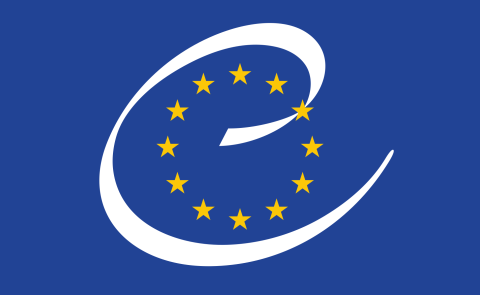
Armenia Strengthens Ties with Council of Europe
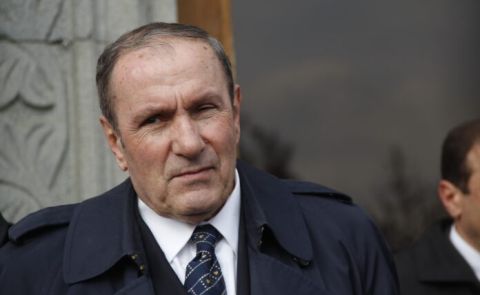
Former Armenian President Labels Pashinyan a Traitor and Blasphemer
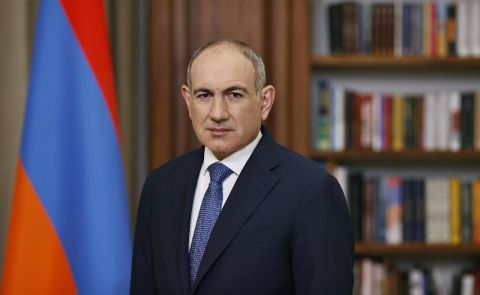
Pashinyan Addresses Key Issues on Church, National Future, and Fund Allegations
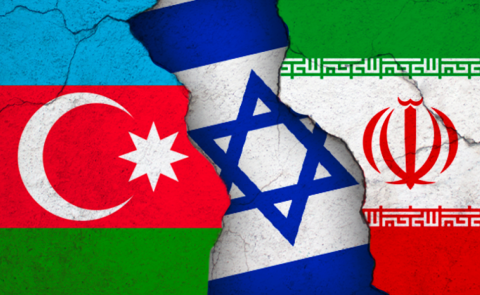
Azerbaijan Calls for 'Dialogue and Diplomatic Resolution' Between Israel and Iran
